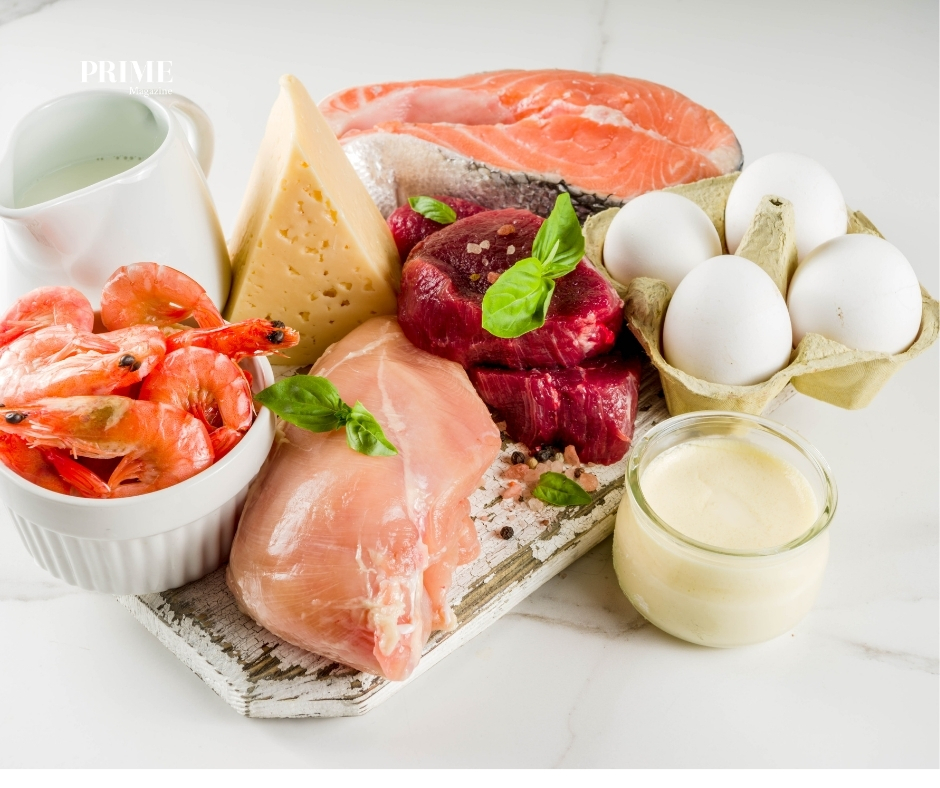Foods for Recovery: What to Eat When You’re Healing

Practical Eating Tips During Recovery
When you’re unwell — whether from an infection, a high fever, or surgery — one thing stays on your mind: recovery. Medications can leave an unpleasant taste and illness can drain your strength. The good news is that choosing the right foods for recovery can help you regain energy, rebuild tissues, and support your immune system while you heal.
Good nutrition is a quiet but powerful partner in the healing process. Illness and surgery increase your body’s need for energy to fight infection and repair tissues, protein to rebuild muscles, skin, and organs, micronutrients such as vitamin C, zinc, and iron to support immunity, and fluids to replace what’s lost through fever or medication. When appetite drops, every bite and sip should count. Gentle, nutrient-rich foods can make a real difference.
Lemon Water — Hydration with a Boost
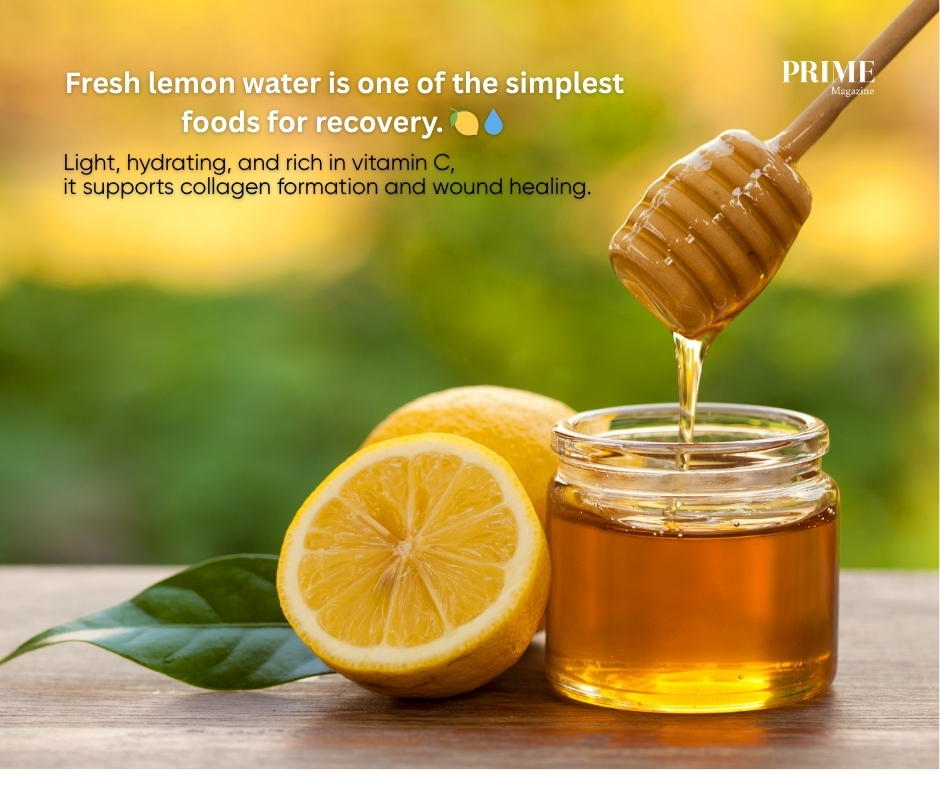
Lemon Water — Hydration with a Boost
Fresh lemon juice mixed with warm water is one of the simplest foods for recovery. It’s light, hydrating, and a source of vitamin C, essential for collagen formation and wound healing. Squeeze half a lemon into a cup of warm water. Add a little honey if your throat is sore or a pinch of salt if you’ve been sweating. Vitamin C also helps your body absorb iron from plant foods, so pairing lemon water with iron-rich meals such as lentil soup is smart. If you have acid reflux or mouth ulcers, citrus may irritate — switch to plain warm water or mild herbal teas instead.
Fresh Fruits — Vitamins, Antioxidants and Gentle Energy
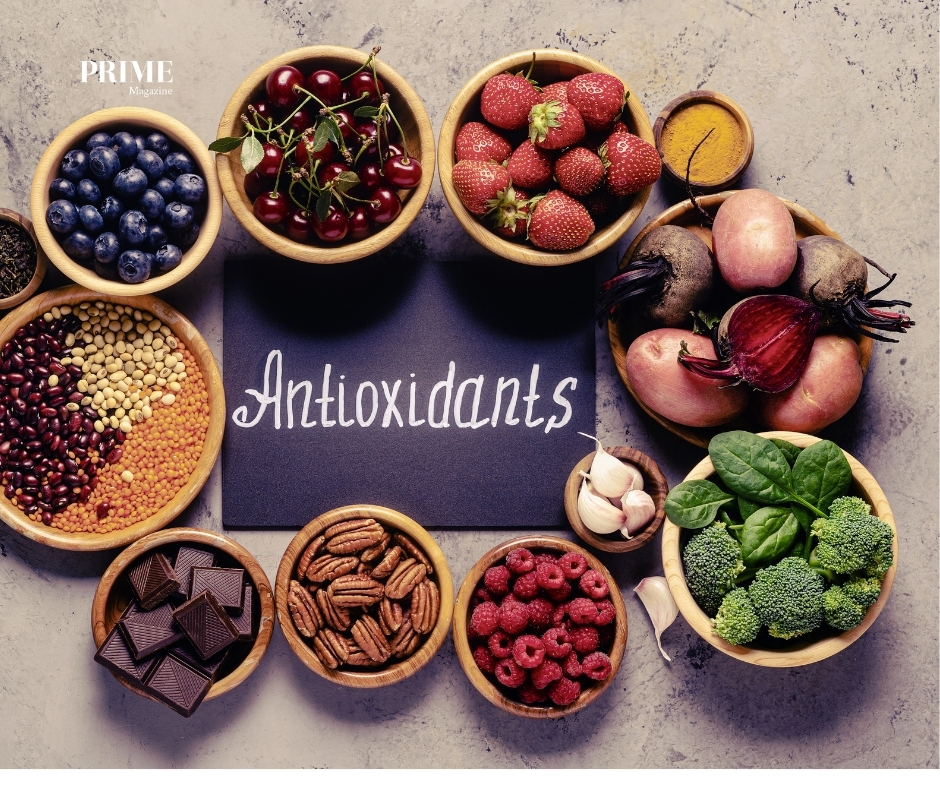
Fresh Fruits — Vitamins, Antioxidants and Gentle Energy
Soft, juicy fruits are perfect foods for recovery because they’re easy to eat and packed with micronutrients. Oranges, papayas, mangoes, and kiwis provide vitamin C to support healing and immunity. Bananas and mangoes offer quick, gentle energy for tired bodies, and papaya contains the enzyme papain, which may help with mild bloating. Blend fruit into smoothies with yogurt or milk for extra protein and calories, especially if you’ve lost weight or muscle. Fresh is usually best, but if using dried or packaged fruit, choose options with no added sugar, particularly if you have diabetes.
Vegetable Soups — Warm, Gentle and Nutrient-Rich
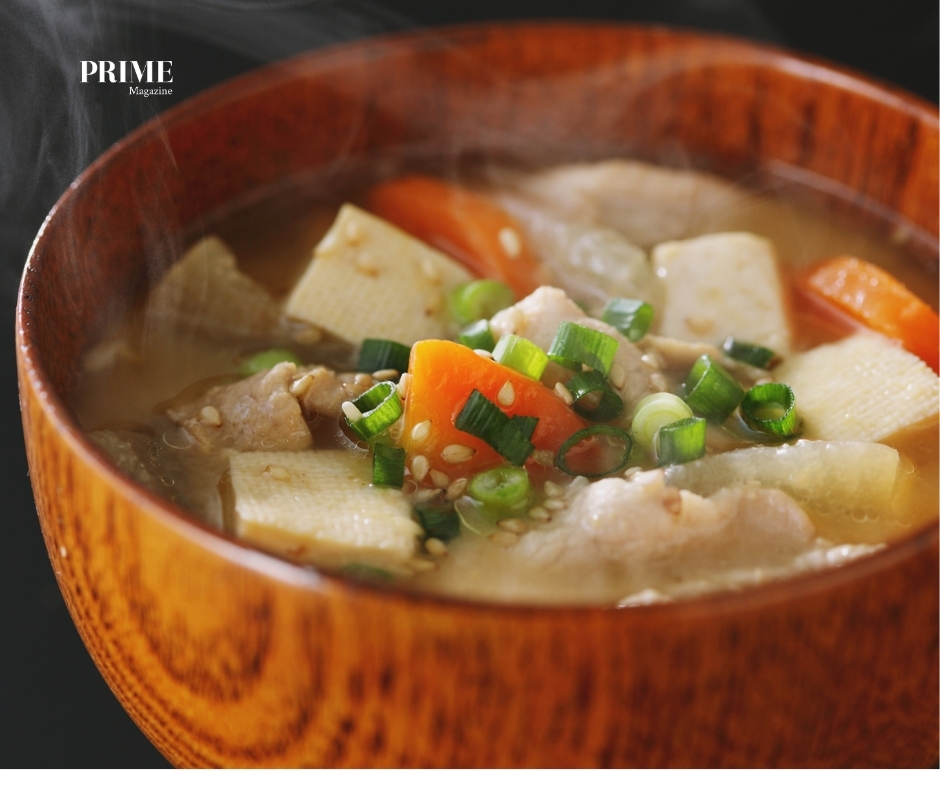
Vegetable Soups — Warm, Gentle and Nutrient-Rich
Soups are classic foods for recovery because they’re soothing, hydrating, and easy to digest. Use a variety of vegetables to cover your nutrient bases: carrots and sweet potatoes for beta-carotene to support immunity, spinach and kale for iron and folate to help red blood cells, garlic and onions for natural antibacterial plant compounds, and tomatoes for vitamin C and antioxidants. Add shredded chicken, turkey, tofu, beans, or lentils for extra protein. If your appetite is low, sipping broth frequently helps maintain electrolytes and hydration.
Dairy and Other Protein Sources — Building Blocks for Healing
Protein is the foundation of tissue repair, making it one of the most important foods for recovery. Dairy such as yogurt with live cultures can aid digestion, especially after antibiotics. Milk and cheese are helpful if you tolerate lactose. Non-dairy options like soy milk, tofu, eggs, lean poultry, and fish provide complete proteins for rebuilding muscles and tissues. Scrambled eggs, soft tofu soup, or poached salmon are easy to eat when chewing is tiring. You don’t need very high-fat creams to heal — moderate healthy fats such as avocado or olive oil paired with adequate protein are more useful.
Light, Balanced Meals — Small Portions, Big Nutrition
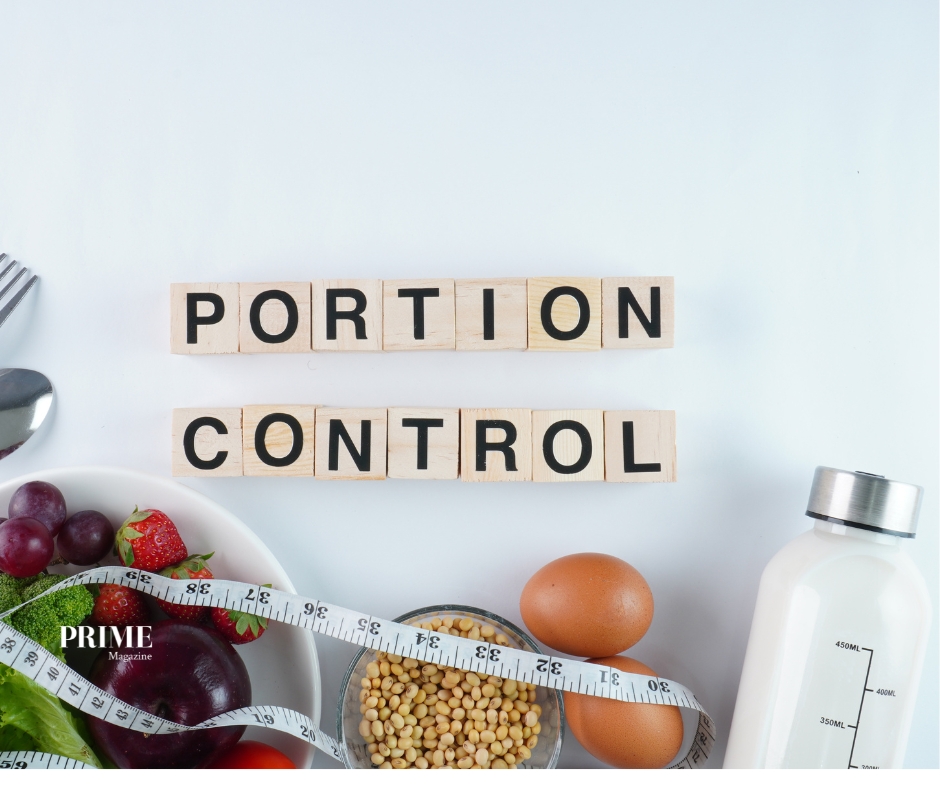
Light, Balanced Meals — Small Portions, Big Nutrition
Big, heavy meals can feel overwhelming when recovering. Small, frequent, nutrient-packed meals keep energy steady. Try whole-grain tortillas or wraps with shredded chicken, beans, and soft vegetables; rice bowls with steamed fish, tofu, or eggs and lightly cooked greens; or cottage cheese with fruit and a drizzle of honey. Balanced plates with carbohydrates for energy, protein for repair, and vegetables for vitamins help you recover without straining your digestion.
Immune-Supporting Extras — Herbs, Mushrooms and Spices
Some natural additions can give your immune system gentle support. Medicinal mushrooms such as shiitake, maitake, and reishi contain beta-glucans that may help immune function. Ginger and turmeric have anti-inflammatory compounds that can ease mild aches. Fresh herbs like parsley and thyme add antioxidants and help reduce the need for excess salt. These should complement, not replace, a balanced recovery diet.
Foods to Limit While Healing
Try to avoid ultra-processed snacks that are high in sugar and salt but low in nutrients. Very spicy or greasy food may irritate your stomach or slow healing. Skip unpasteurised dairy and raw sprouts when your immunity is low, and avoid alcohol as it can slow healing and interfere with medication.
Eat by the clock if appetite is poor — small meals and snacks work better than waiting until you’re hungry. Stay hydrated with water, broths, lemon water, or mild herbal teas. Batch cook soups or ask family for help so healthy options are ready. Aim for a colorful plate; it usually means a mix of nutrients.
When to Seek Professional Advice
If you have chronic conditions such as diabetes or kidney disease, are recovering from major surgery, or experience nausea, weight loss, or difficulty swallowing, consult your doctor or a dietitian for tailored advice. One-size-fits-all suggestions can miss important medical needs.
Final Word

Fruits on bed
Illness and surgery take a toll, but the right foods for recovery can help you bounce back stronger. Hydrating drinks, fresh fruits, hearty vegetable soups, and protein-rich meals work together to rebuild energy and support healing. Pair good nutrition with rest and medical care, and you’ll give your body the best chance to heal well. PRIME


